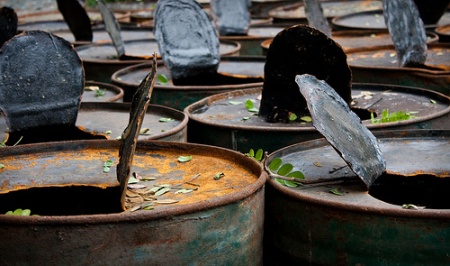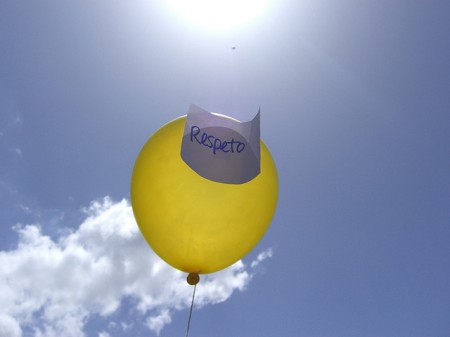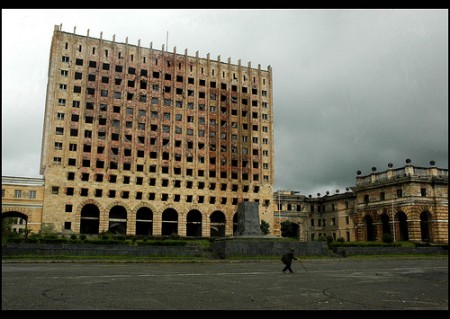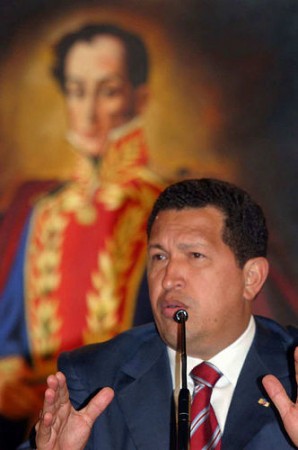
Will Venezuela be next to stumble into a debt crisis – ironically, a country well endowed with the world’s most sought after resource? In its most recent issue, The Economist raises this question, as rumors swirl that the Bolivarian Republic might not be able to repay its international obligations between 2012 and 2015. The possible default of one of the world’s foremost oil producers should give the international community pause although any crisis is unlikely to materialize immediately. However, as soon as oil prices fall considerably below $100 per barrel, the Venezuelan economy will be deprived of its main foreign income, and a debt crisis might not be far behind – possibly threatening President Hugo Chavez’ long rule.
L’état, c’est Hugo
Despite high oil prices, Venezuelan GDP has been contracting for the last three years and inflation has been over 20 percent since 2007. Exports have been falling steadily and because power and water infrastructure falls short of much needed investment, Venezuelans are often forced to take cold showers. Even productivity in the state-owned oil company PDVSA has decreased by a third since Chavez took power in 1999. Chavez is infamous for his erratic behavior and his dislike of the private sector. During his 12-year rule, he has nationalized hundreds of domestic and foreign companies, closely regulated the economy and eliminated market mechanisms. In this way Chavez has paved the way for widespread corruption and inefficiency. Moreover, he has been governing by decree since December 2010, which grants him almost unlimited power to push through policies without parliamentary control. In Venezuela l’état, c’est Hugo. In this atmosphere of impunity many Venezuelan entrepreneurs have given up their businesses, and foreigners are increasingly reluctant to invest. In a recent country risk assessment Venezuela ranked 93 out of 100 – with civil-war plagued neighbor Colombia ranking a much higher 51.
The Achilles heel
As the government has successfully dismantled the private economy, Venezuela’s dependence on revenues from oil exports has increased, and imports have risen as many goods are no longer produced in Venezuela. Oil production makes up about a third of GDP and generates the lion’s share of the government’s revenue. Fluctuating oil prices are thus the Achilles heel of the whole economy. As soon as oil prices fall, Chavez might find it difficult to keep up public spending and to repay international obligations (net public debt was 29 percent of GDP in 2010). This might not only lead to a debt crisis and hamper economic growth but also to a decline in Chavez’ popularity. With plans to run again for president in 2012, he is in dire need of oil money to subsidize basic goods such as food. Otherwise the poorest will be hit even harder by rising food and living costs, with their incomes eaten up by staggering inflation – perhaps just like Chavez’ personal political future.
* For more information, please see our extensive resources on Venezuelan Energy, Economics, Politics and Security.




